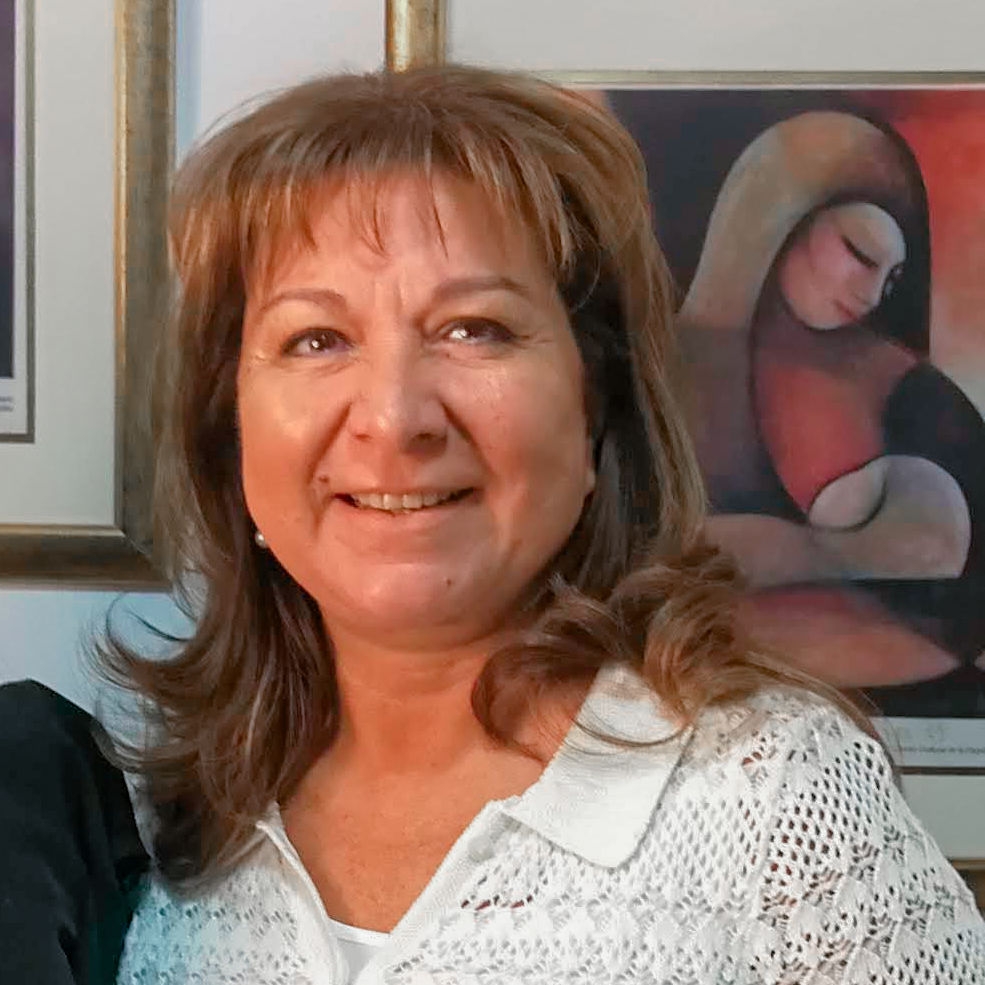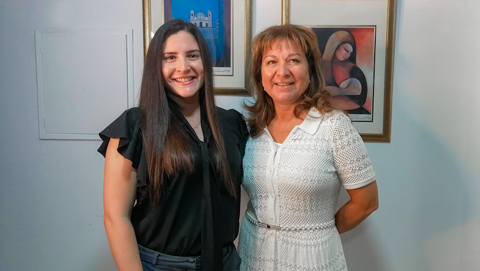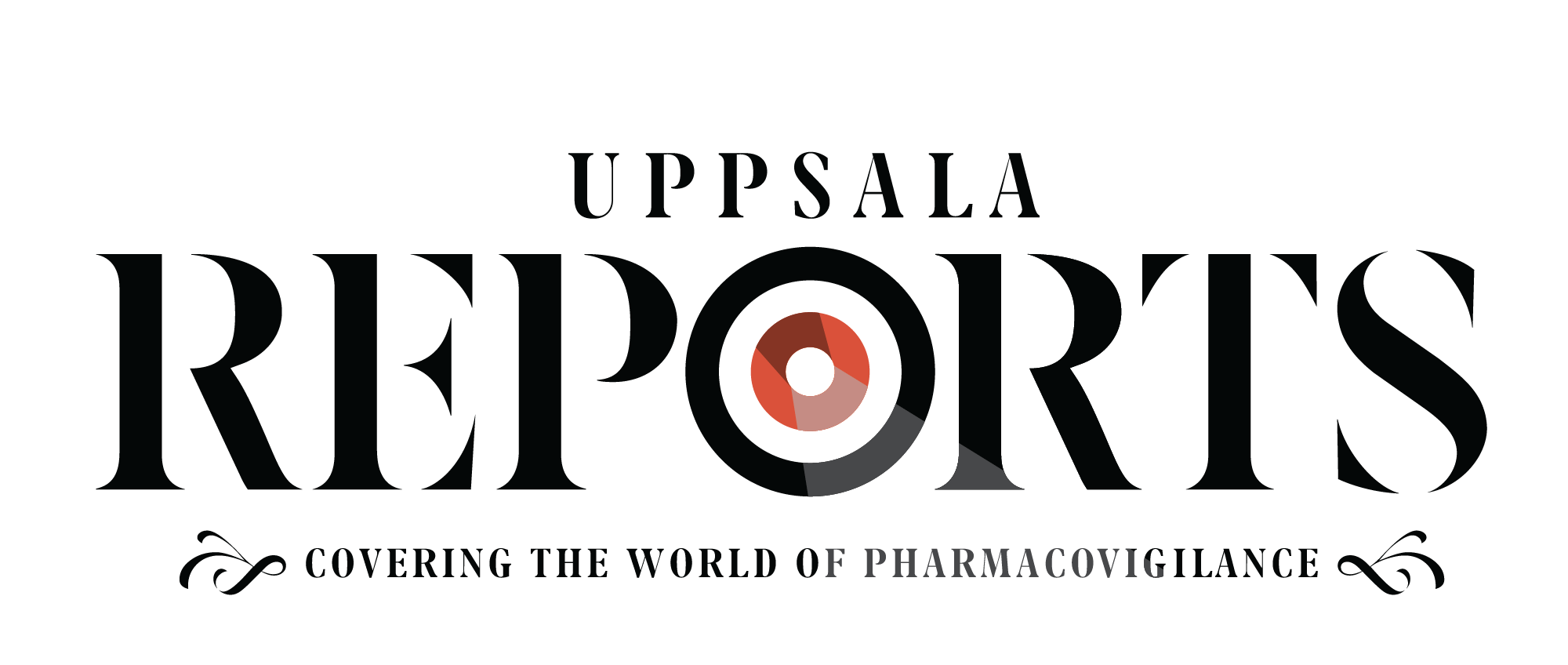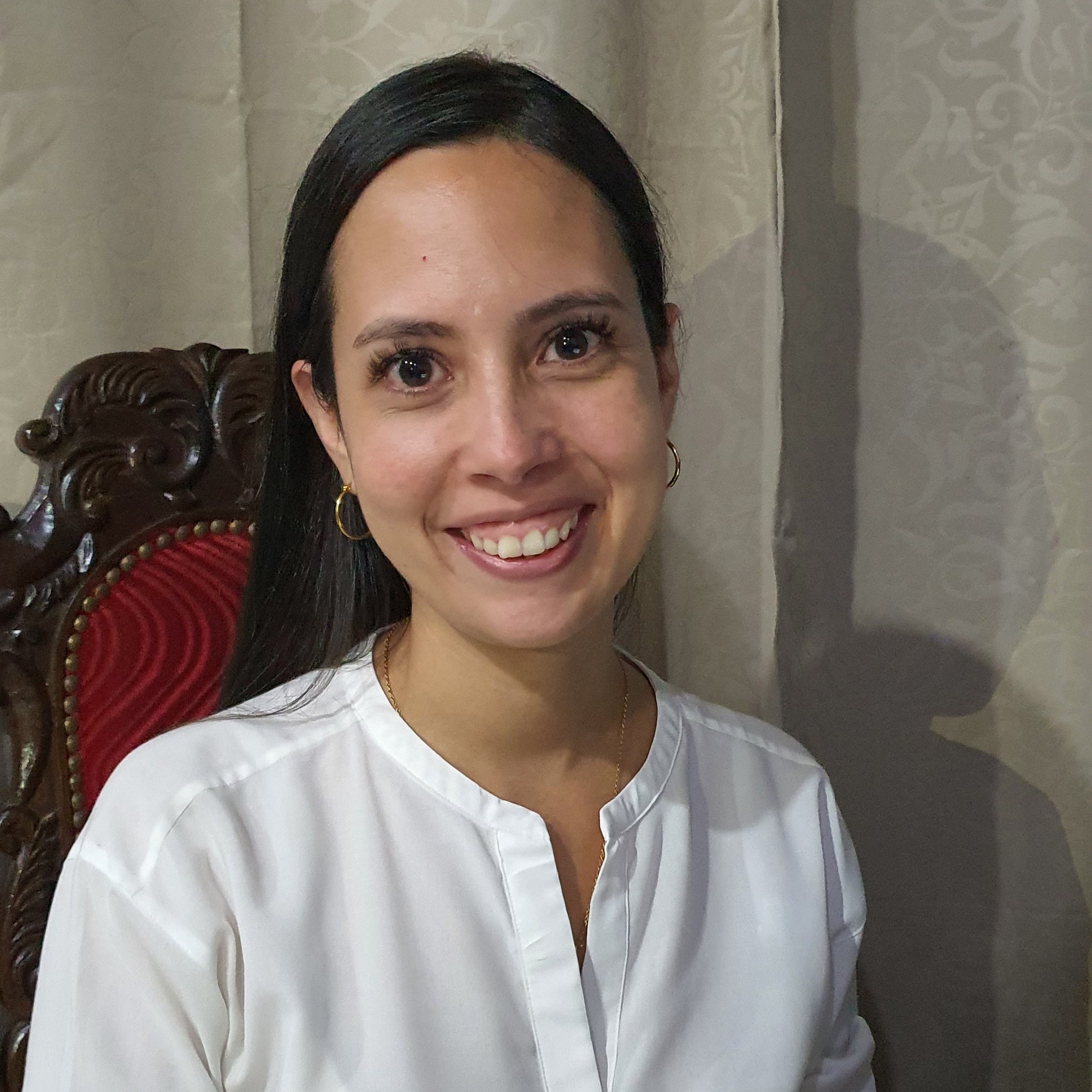
Since joining the World Health Organization Programme for International Drug Monitoring (WHO-PIDM) in 2018, the South American nation of Paraguay (population 7.4 million) has increased its submission of reports to VigiBase from 132 and 124 reports in 2018 and 2019 respectively to 516 reports in 2020.
Paraguay’s National Pharmacovigilance Centre has set itself the main goal of encouraging the reporting of suspected adverse drug reactions (ADRs), with a view to generating more information about the safety of drugs marketed in the country. And a variety of technological solutions are proving critical in supporting that strategy.
In particular, both health care professionals and patients in Paraguay can make online reports of ADRs through the website of the Ministry of Public Health and Social Welfare, using the e-reporting interface developed by the Uppsala Monitoring Centre (UMC).
Additionally, the national centre is working towards implementing a range of other tools to improve medicines safety.
The Med Safety Mobile Application, commonly known as the Med Safety App, provided by the UK’s Medicines and Healthcare Products Regulatory Agency (MHRA) under the WEB-RADR project, is one such tool. The Med Safety App, which is tailored for use in multiple countries, allows healthcare professionals and patients to report suspected ADRs directly to their national centre and receive information about medicines safety.

In relation to vaccines, Paraguay’s national centre is using the Vaccine eReporting tool – developed by UMC as a VigiFlow add-on – to allow healthcare workers to report Adverse Events Following Immunization (AEFI) through an easy-to-access online form. Paraguay’s Extended Programme for Immunization (Programa Apliado de Inmunización – PAI) has also started to operate with VigiFlow as its vaccines safety database, and it collaborates with the national centre to monitor vaccine-related AEFIs.
“Vaccine eReporting will allow a more efficient collection of AEFIs,” said Silvia Battaglia, Head of the PAI Surveillance Department. “The reports will be sent directly to VigiFlow, which will speed up and facilitate the subsequent work of processing, review, evaluation and analysis.”
Good progress is also being made in the private sector, where representatives of the Paraguayan Pharmaceutical Industry are collaborating in the final steps of a pilot project to implement the industry e-Reporting tool, also developed by UMC. This tool will allow reporting of ADRs to the Medicines Regulatory Authority through an interface that follows the ICH E2B standard, as well as optimising the collection of information.
“We seek to eliminate reporting barriers and generate more information of a high enough quality for signal detection,” said María Antonieta Gamarra, General Director of the Dirección Nacional de Vigilancia Sanitaria, Paraguay´s national regulatory authority.

All the tools in use will be integrated in VigiFlow, the system used by the National Pharmacovigilance Centre as its medicines safety database and Individual Case Safety Reports (ICSRs) management tool at a national level.
“To meet our goal, we rely on these tools that facilitate the reporting of adverse events and that are developed, taking into consideration the characteristics of the different stakeholders that notify to us,” said María José Alfonso Arvez, head of the National Regulatory Authority´s (Dirección Nacional de Vigilancia Sanitaria) Department of Pharmacovigilance.
“All these efforts to improve our pharmacovigilance processes increase medicines safety in our country,” Arvez said.






